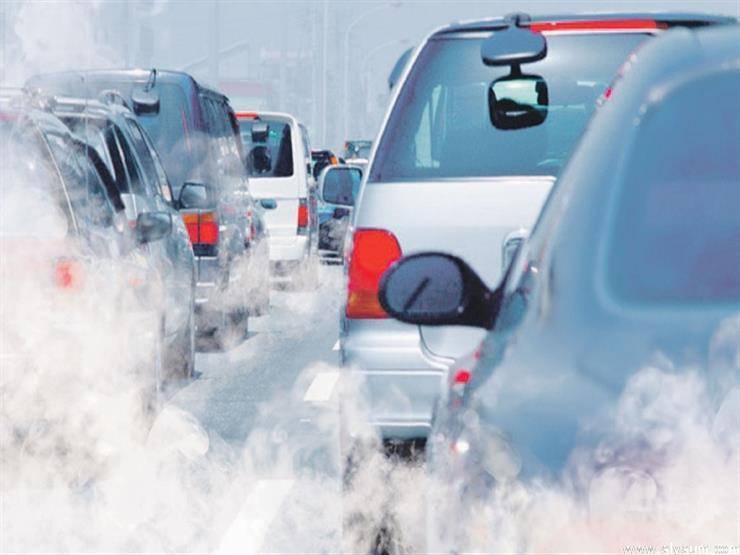Long-chain alkanes, key chemical components of fossil fuels like gasoline, contribute to air pollution in urban areas even before combustion or use, according to a new study published in the journal Communications Chemistry.
In fuel combustion processes, such as in car engines, a sequential reaction called auto-oxidation occurs at high temperatures. Recently, auto-oxidation has been identified as an important source of high-oxygen chemicals in the atmosphere that lead to air pollution due to organic aerosol. Traditional chemical knowledge also indicates that, for auto-oxidation to occur under low temperature conditions in the atmosphere, appropriate structural features such as carbon-carbon double bonds or oxygen-containing groups must be primarily present in the chemicals. Due to the lack of these features, long-chain alkanes, which are the fundamental chemical components of all types of primary fuels used in combustion engines and a significant class of urban-emitted gases, were thought to have a slight sensitivity to auto-oxidation.
Researcher Zandong Wang and colleagues used a recently developed highly sensitive mass spectrometer to measure both the sources and products of oxidation for long-chain alkanes. They found that alkanes, especially C6-C10, studied in their research undergo auto-oxidation much more efficiently than previously believed, both during combustion processes and under atmospheric conditions. They also discovered that even under high concentrations of nitrogen oxides, which typically terminate auto-oxidation reactions in urban areas, these alkanes can produce large amounts of high-oxygen products that may contribute to organic aerosol pollution in urban settings. It is important to note that the results of this study should have direct implications for improving both engine efficiency and air quality in urban areas.




